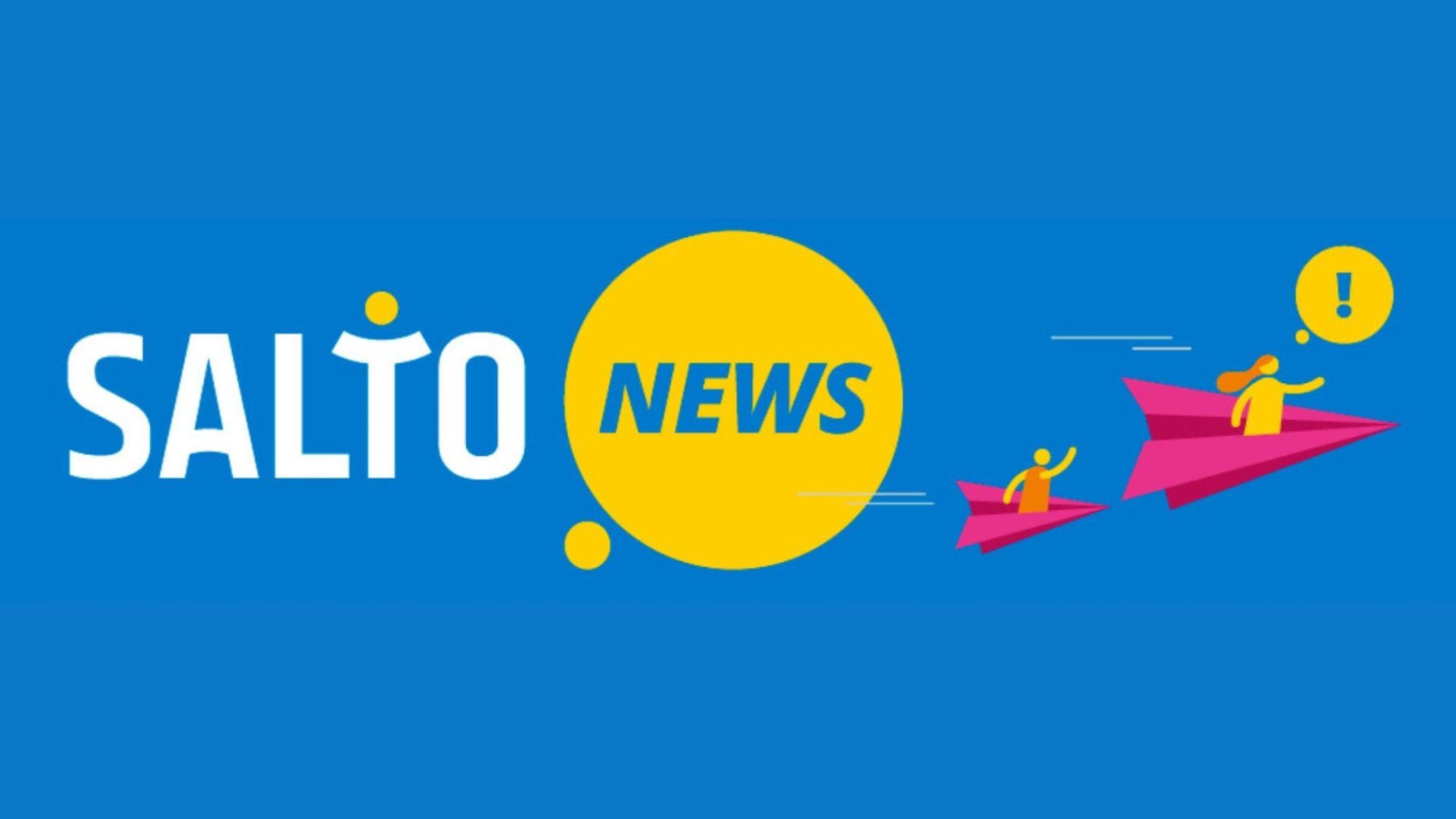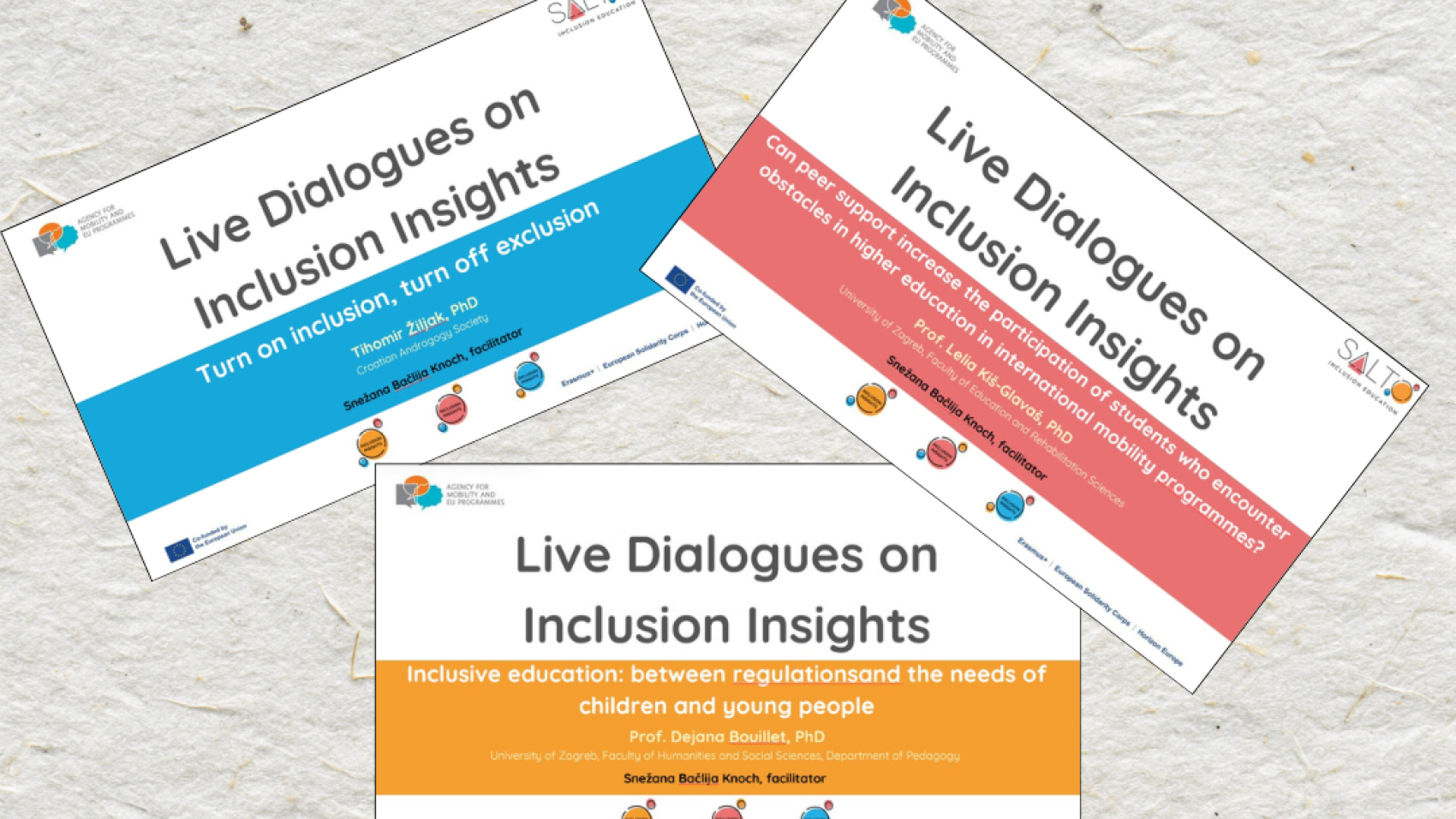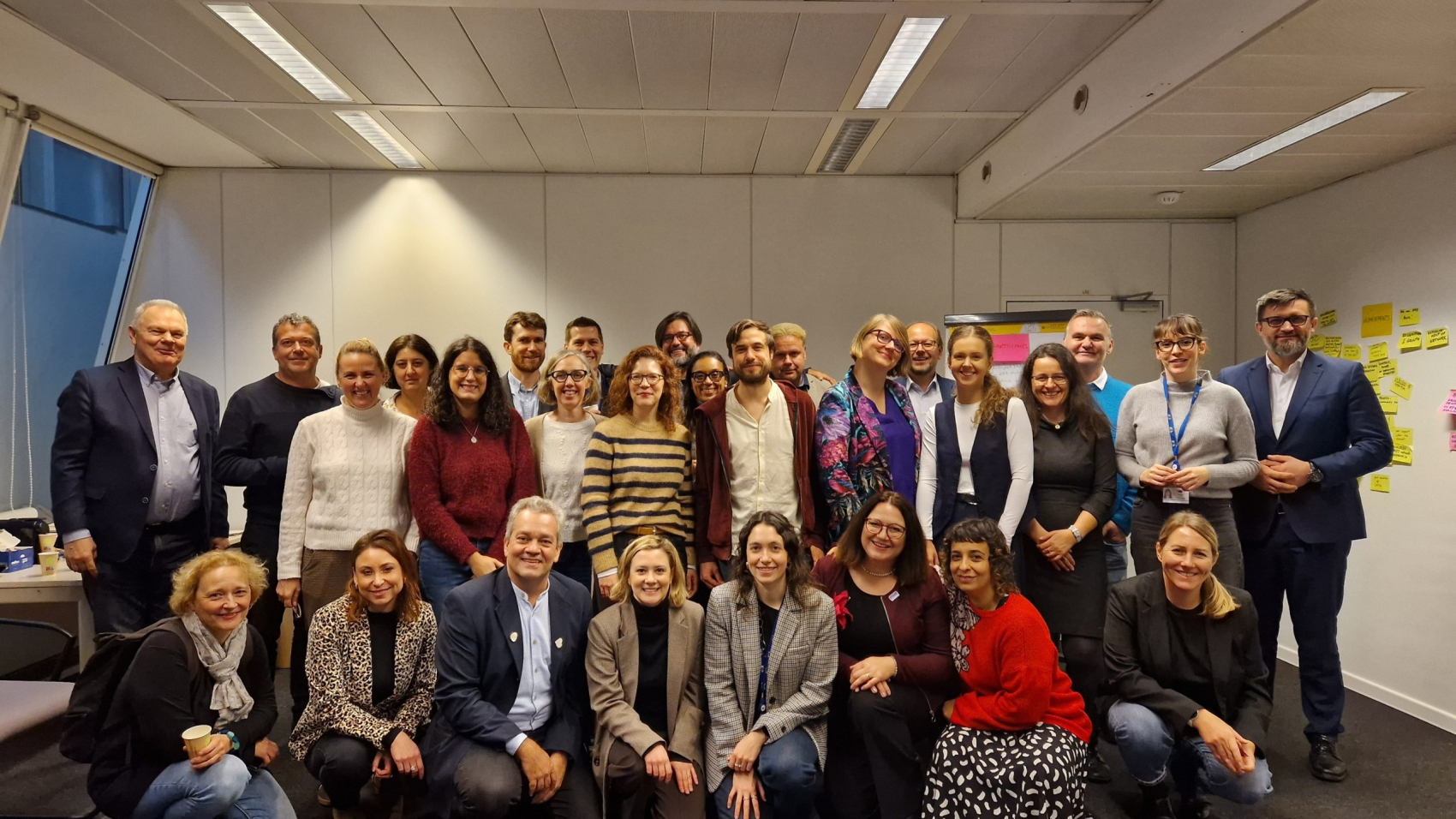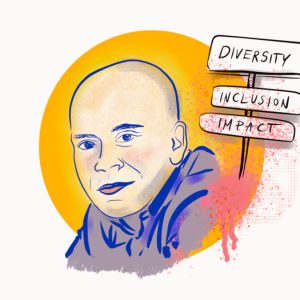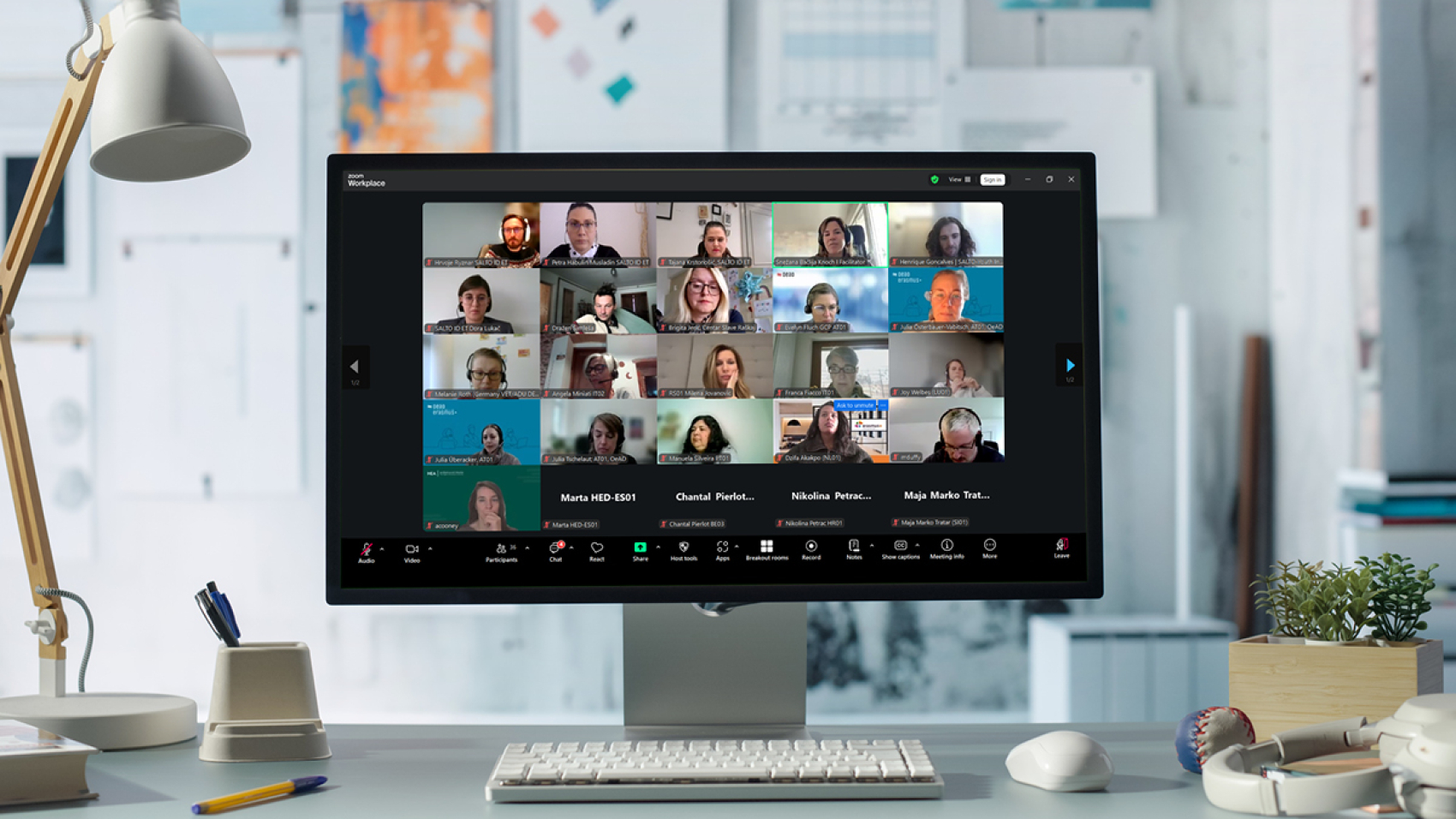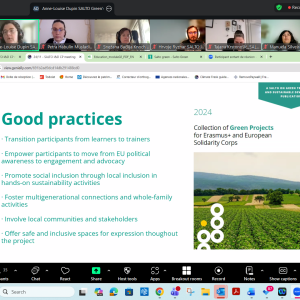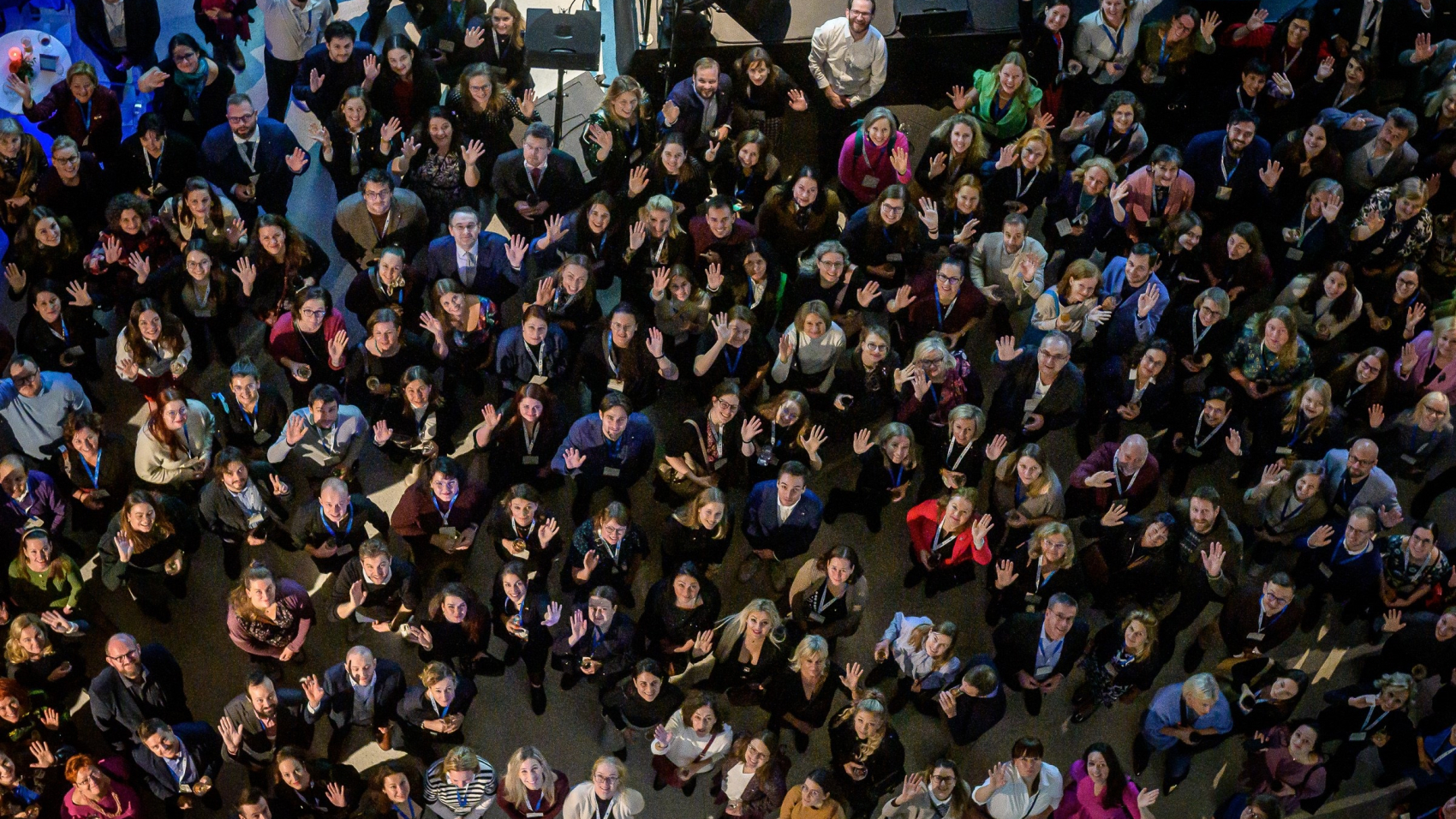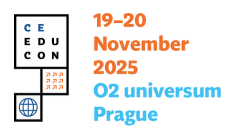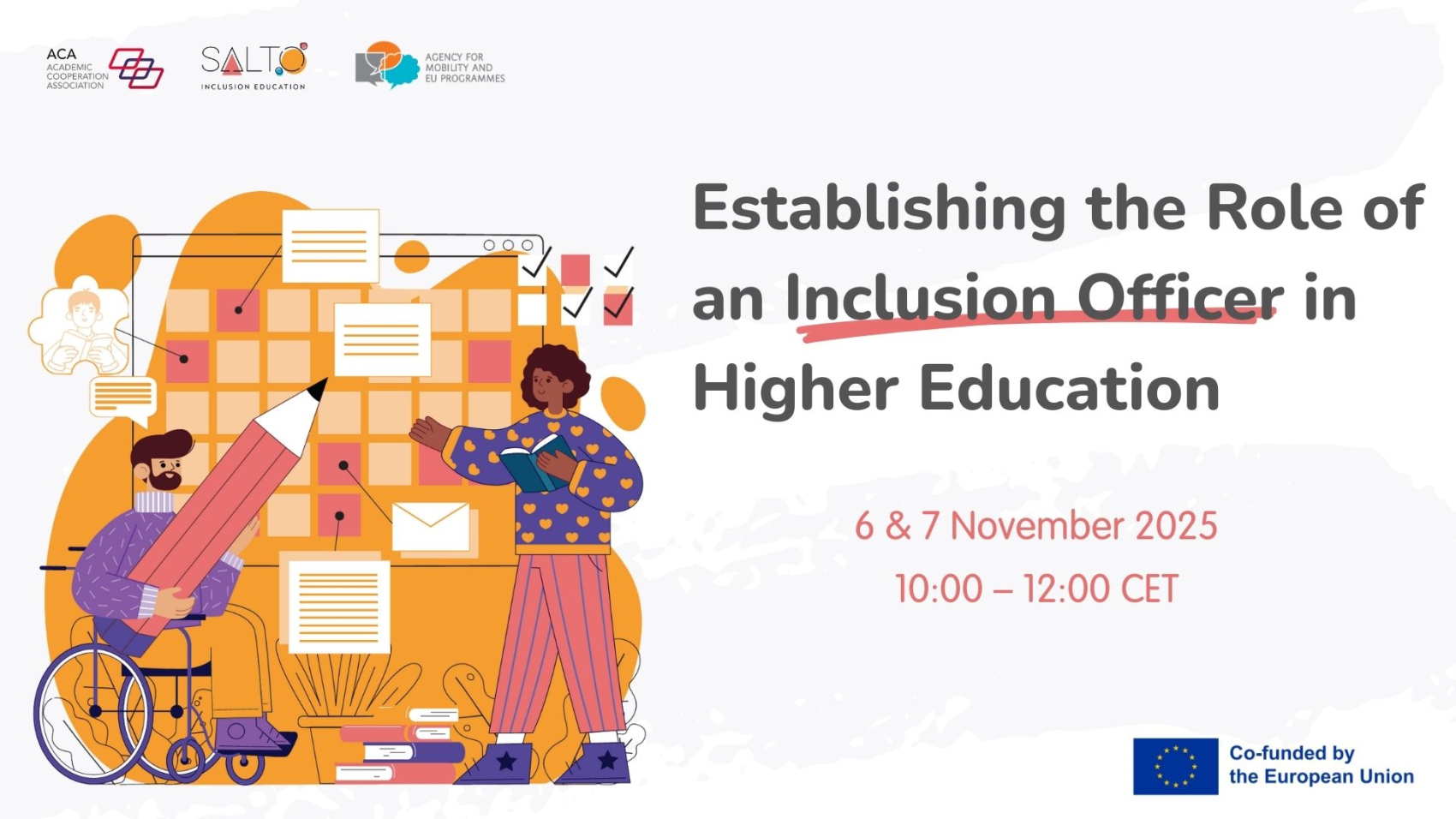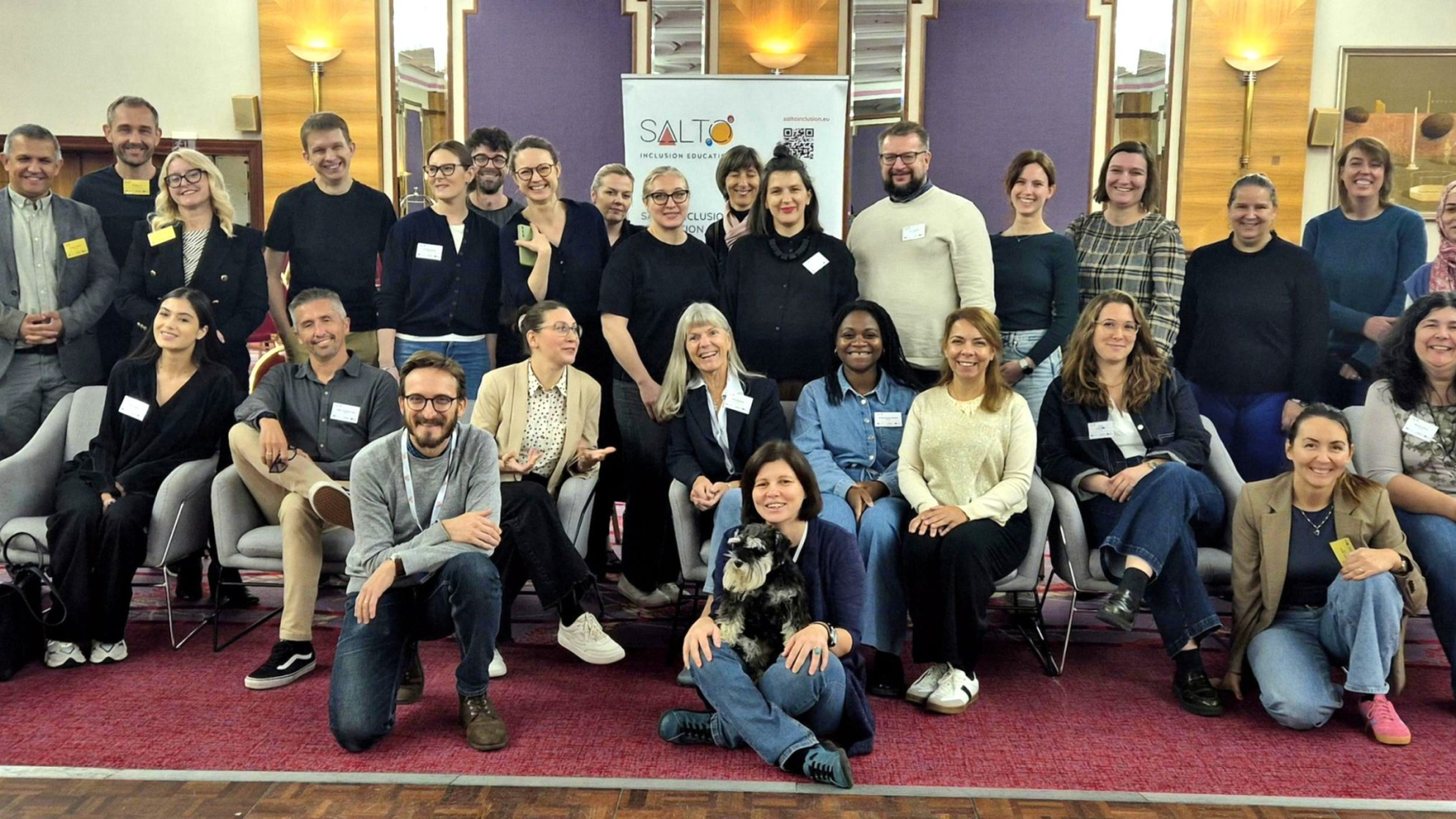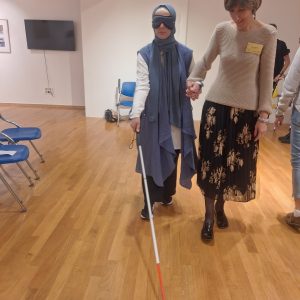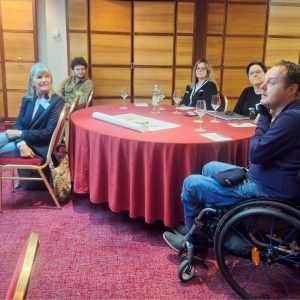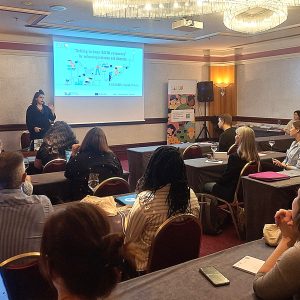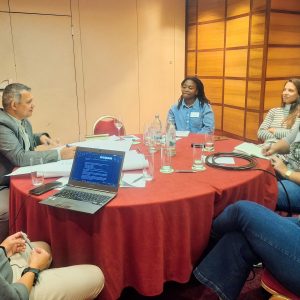On 6–7 November 2025, the SALTO Inclusion & Diversity in Education and Training (SALTO ID E&T) and the Academic Cooperation Association (ACA) co-hosted a two-part webinar titled “How to Create the Role of an Inclusion Officer at Your Institution.”
Designed for staff from higher education institutions (HEIs), the webinar explored how the Inclusion Officer role can strengthen equity and inclusion in HEIs and help ensure inclusive participation in Erasmus+.
The sessions attracted around 210 participants from various higher education institutions as well as National Agencies across Europe.
The series was facilitated and co-designed by Stella Saliari, social justice facilitator and feminist researcher, who guided participants through two interactive mornings.
The event was opened by Petra Habulin Musladin (SALTO ID E&T), who welcomed the participants and thanked everyone involved in creating the publication and organizing the webinar. Martin Bogdan (Academic Cooperation Association) joined her afterwards, and together they introduced the new publication, “Establishing the Role of an Inclusion Officer in a Higher Education Institution – A Practical Guide”, the content of which served as the foundation for this event.
A rich plenary followed, featuring first-hand insights from:
- Aaron Kang, Inclusion Officer, Technical University of Darmstadt
- Christina Bohle, Erasmus+ Institutional Coordinator, Humboldt University of Berlin
- Fon V. Krairiksh, Doctoral Student, Trainer, Consultant
- Ishimwe Marie-Aimée Ntawukulityayo, Policy Advisor on Equity, Diversity & Inclusion, KU Leuven
- Yacine Kalke, Social Responsibility Specialist, University of Helsinki
Participants then joined breakout rooms to discuss practical approaches to:
- Designing inclusive institutional policies and strategies
- Building bridges between international offices, faculties, and student services
- Addressing systemic barriers to participation in mobility
- Leveraging Erasmus+ tools to foster inclusion across programmes and partnerships
On the second day, Riina Koivuranta, Head of Responsibility and Well-Being at the University of Helsinki, joined the webinar as an additional guest. She took part in one of the breakout rooms, where discussions from the previous day continued. The second day concluded with a fishbowl session titled “From establishing the role of an Inclusion Officer to its actual onboarding.”
Martin Bogdan from ACA closed the webinar by summarising the discussions from the two days, thanking all participants for their engagement, and inviting them to join future opportunities offered by SALTO ID E&T and ACA to further enhance inclusion at their institutions.
